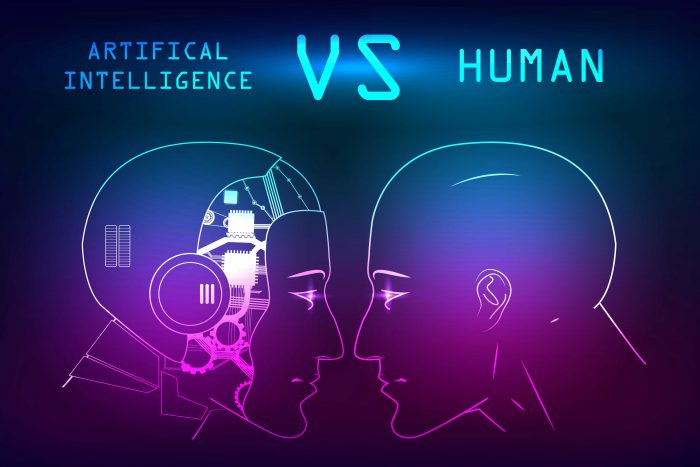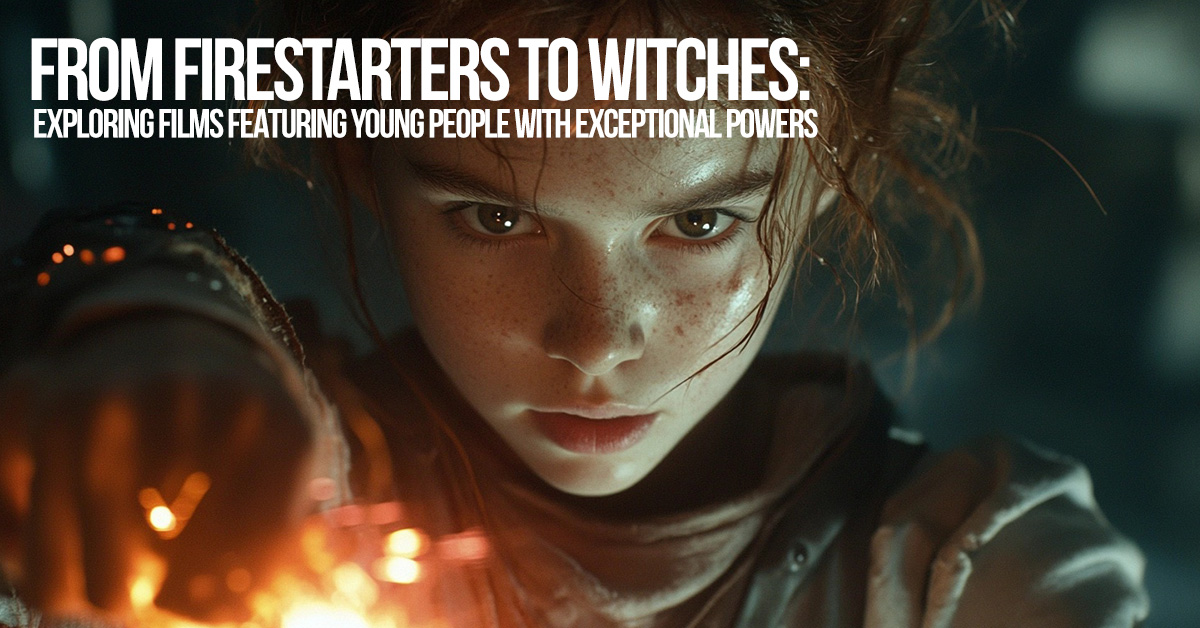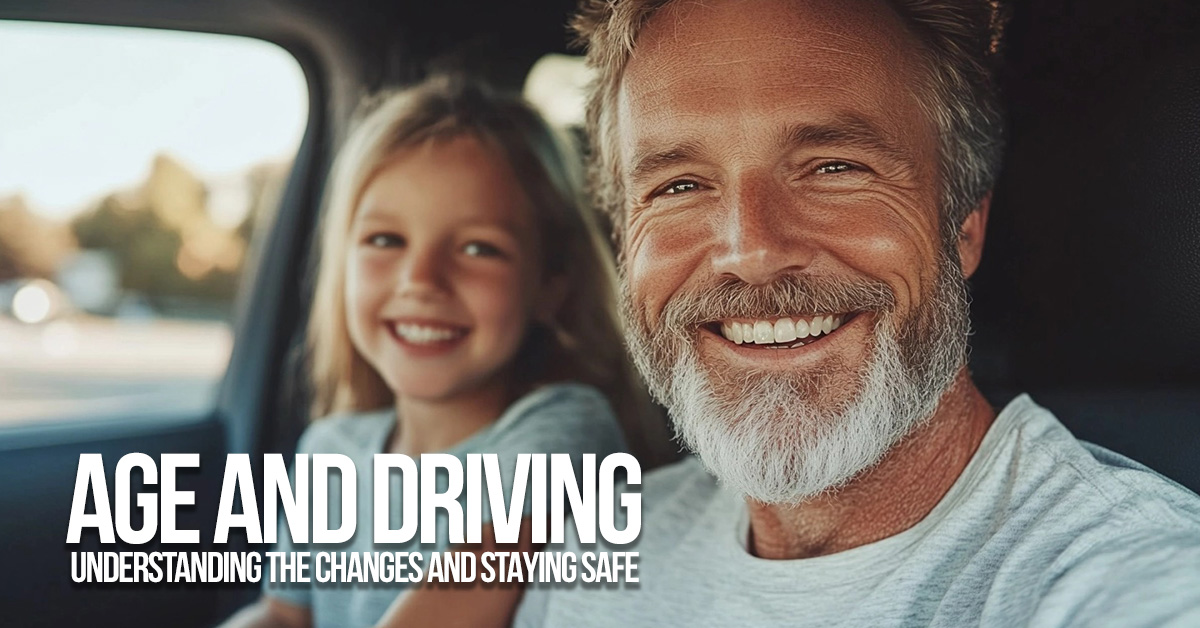
Brains Before Bots
Never underestimate the power of a smile. No matter how cliche it sounds–a smile is truly contagious. Have you ever glanced at someone who was smiling ear to ear and caught yourself immediately returning the smile? It’s amazing the impact that a quick interaction with a stranger can have on us. It’s the little things like this that spark joy within us during our everyday routine.
Imagine a world where these quick interactions are minimalized. We are already experiencing this. We speak on the phone with robots, we pay for our groceries with robots, we renew our registration at machine kiosks. Artificial intelligence is gradually taking over our jobs. In fact, an article on The Economist states that a study was done by Oxford researchers in 2013. Results of the study showed they estimate that 47% of US workers have a high probability of seeing their jobs become automated in the next 20 years. This would mean that by the time your children grow up, the world will be completely different.
The goal is convenience, but at what price?
What will happen to us if our everyday interactions become limited? Our interpersonal development is affected by lack of human interaction. Have you noticed yourself texting more often than talking on the phone? Or using the self-checkout instead of a cashier? Or buying insurance through an online quoting system instead of using an independent insurance agent? Doing these things may be quick and easy. However, as a result, we are losing touch of the importance of relationships.
The advancement of technology happened quickly over the past twenty years and will continue to dramatically change the world in the future. We have no control over that. However, while we still have the opportunity, it would be beneficial to support our human connections and interactions in every way we can.
Let’s remember the time before our cell-phones became the most time-consuming object of our day. When friends and family sat at dinner and conversed rather than mindlessly scrolling through social media. Let’s remember how great it felt to naturally meet someone at the grocery store rather than through a dating website. The everyday interactions we have with each other may seem simple. In reality, they are what lightens up our otherwise dull routines.
If artificial intelligence truly takes over nearly half of our jobs in the next few decades, we could lose a huge piece of what makes us human. We’d be spending a decent amount of our time in one-sided interactions with a robot. Our lives would be dull, our social skills could diminish, and we could lose sight of the dire need for us to unite with each other.
What do humans have that artificial intelligence does not? We have a consciousness. We have genuine emotions. We have the ability to empathize and make each other laugh. We bring each other comfort. We have the ability to love. Most importantly, we learn and grow from each other.
Every chance you get, choose brains over bots.
“As iron sharpens iron, so one person sharpens another.” Proverbs 27:17









